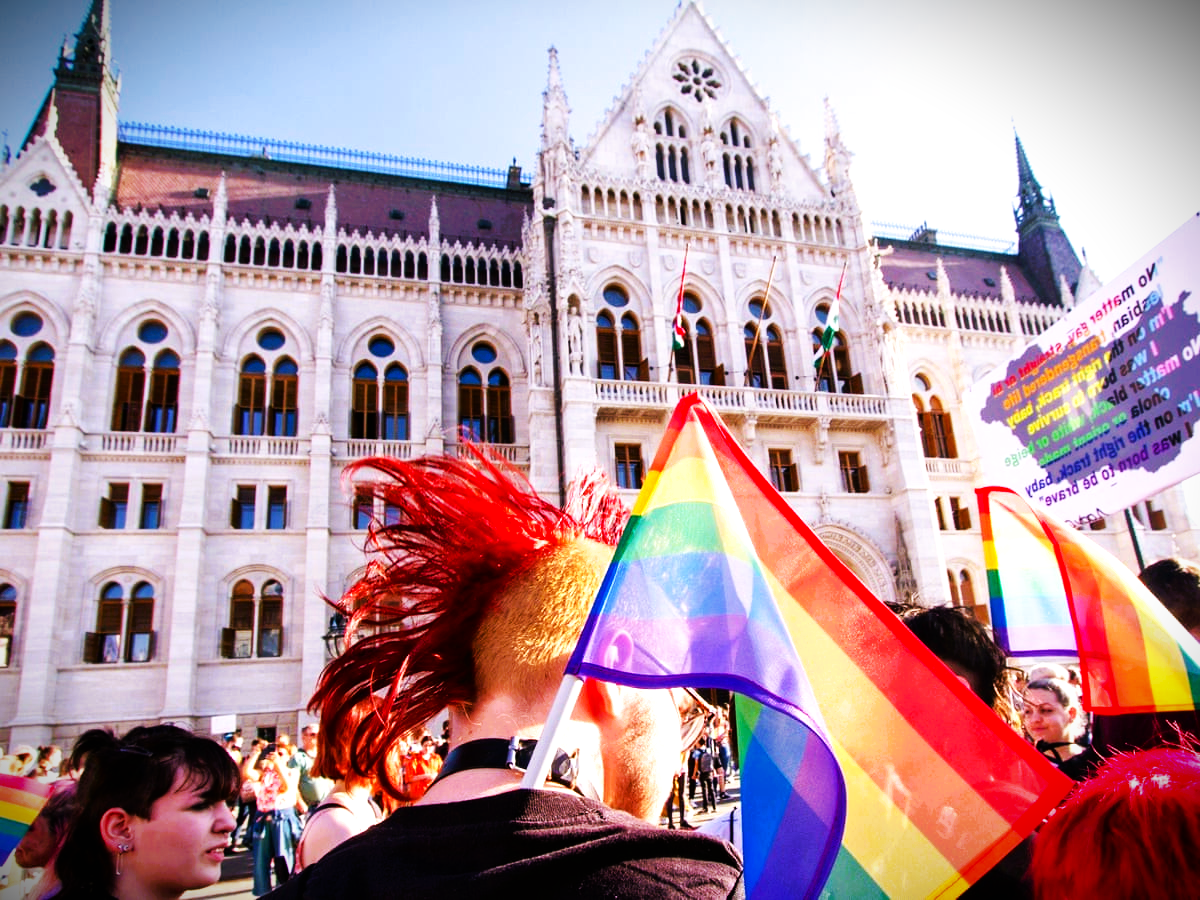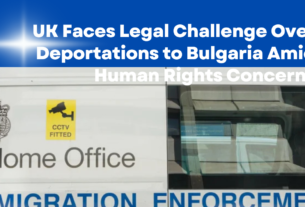In the heart of Central Europe, a political storm is brewing and it’s flying a rainbow flag.
Seventeen European Union countries have drawn a bold line in the sand, denouncing Hungary’s new law that could see Pride events banned, participants fined, and peaceful assembly policed with facial recognition cameras. What Hungary calls “child protection,” others are calling a dangerous backslide into authoritarianism.
Faces in the Crowd, Targets of the State
Imagine walking in a Pride parade not in Russia or Belarus, but in an EU capital and knowing your face could be scanned, logged, and fined by your own government for simply being there. That’s the chilling reality facing LGBTQ+ Hungarians under the new law passed in April.
Framed as a constitutional safeguard for “children’s moral, physical, and spiritual development,” the law restricts any public “depiction or promotion” of homosexuality to minors. But it’s vague language and sweeping enforcement powers give the government tools to shut down Pride events and penalize organisers all under the guise of family values.
Critics see through the curtain.
“This is not about children. It’s about control,” says Luca Dudits of the Háttér Society, Hungary’s leading LGBTQ+ rights organisation. “Our community has lived under years of hostile propaganda. Now we’re living under surveillance.”
The EU’s Patience Wears Thin
Seventeen countries including France, Germany, and Spain have spoken in unison, blasting the law as a betrayal of the European Union’s foundational promises.
“We are highly alarmed by these developments,” they wrote in a joint statement, calling the legislation a direct attack on human dignity, freedom, and equality. Behind diplomatic phrasing lies a growing frustration that Hungary is becoming the EU’s rebellious outlier demanding unity while defying shared values.
Sweden’s EU affairs minister, Jessica Rosencrantz, didn’t mince words. “This is getting pointless,” she said of Hungary’s repeated hearings in Brussels. “It’s time we consider the next steps.”
The message: Enough talk. It’s time for action.
Orbán’s Hungary: A Fortress of “Tradition”
Prime Minister Viktor Orbán, who has ruled Hungary since 2010 with an iron grip cloaked in Christian rhetoric, remains defiant. He has positioned himself as Europe’s last line of defense against “woke ideology,” building a legacy on anti-LGBTQ+ sentiment and culture war politics.
“We won’t let woke ideology endanger our kids,” Orbán declared.
His brand of governance conservative, nationalist, and uncompromising, has won praise from far-right leaders around the globe, from Donald Trump to Vladimir Putin. But within the EU, it’s making Hungary a pariah.
EU affairs minister Janos Boka insists the world is misunderstanding the law. “There is no such thing in Hungary as a Pride ban,” he claimed, arguing that foreign leaders need a “more nuanced view.”
But Budapest’s LGBTQ+ community isn’t holding its breath.
Resistance Under Rainbow Skies
Despite the crackdown, this year’s Budapest Pride is set to go ahead. It won’t be easy. Activists face surveillance, potential fines, and rising hostility. But the resolve is unshaken.
“Pride has always been a protest,” says one organiser. “And now more than ever, Hungary needs to protest.”
Young people, artists, students, and allies are mobilising not just for a celebration, but for a statement: You can’t erase us.
Europe at a Crossroads
The showdown over Hungary’s Pride law is about more than one country’s politics. It’s a test for the soul of the European Union.
Can a bloc built on unity tolerate a member state sliding toward repression? What happens when democracy becomes optional and human rights become negotiable?
As thousands prepare to march in Budapest, watched by cameras and guarded by courage, the EU must decide: Will it defend its values, or simply hope no one notices they’re fading?
Because what’s happening in Hungary may not stay in Hungary and the rest of Europe knows it.




